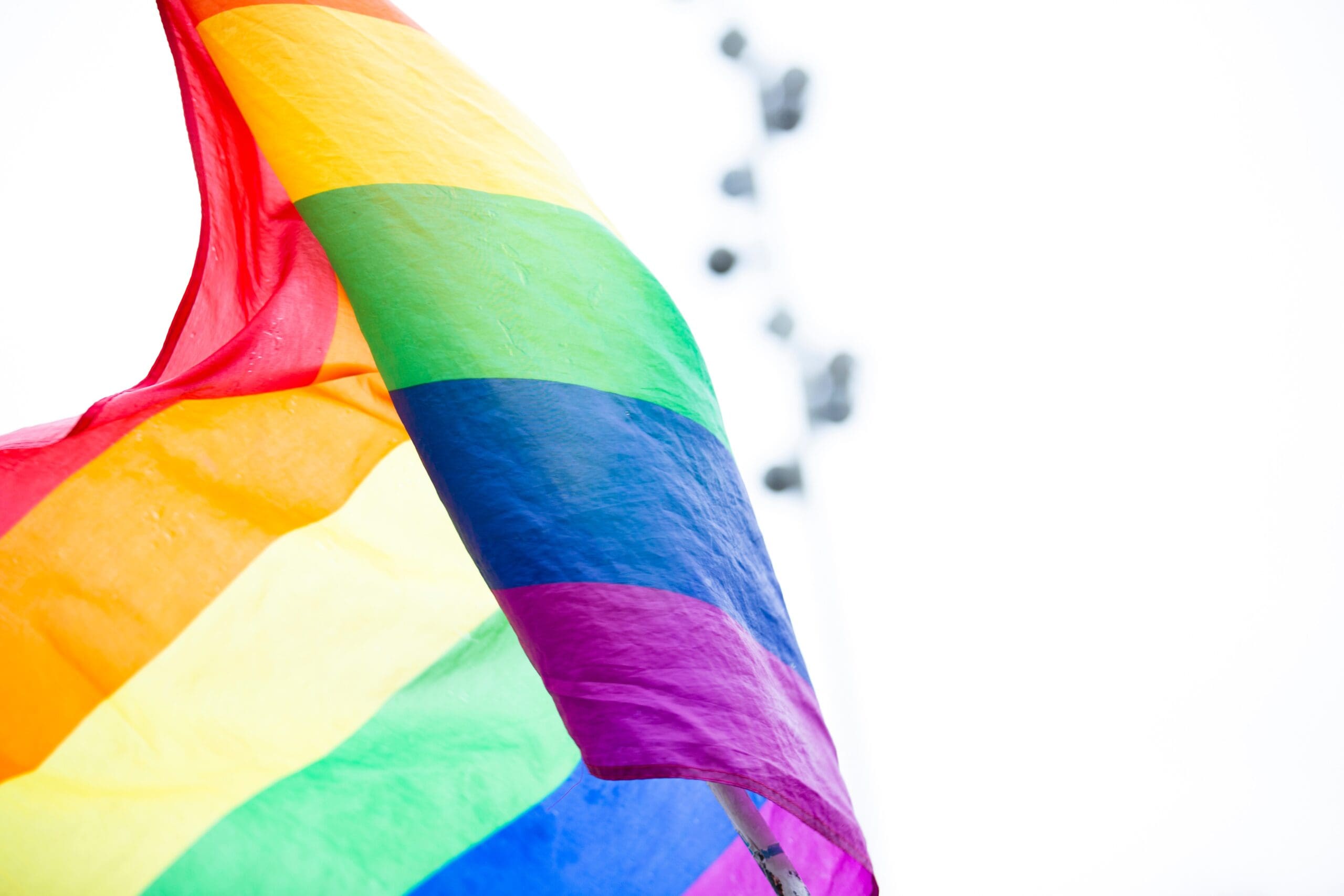LGBTQ+ History Month: Remembering the Past, Shaping the Future

October is LGBTQ+ History Month, a time to celebrate, honor, and educate ourselves about the rich history of the lesbian, gay, bisexual, transgender, and queer community. This month provides an opportunity to reflect on the milestones achieved and the ongoing struggles faced by the LGBTQ+ community, highlighting the resilience, diversity, and vibrant contributions to society throughout history.
The observance began in the United States in 1994. It was originally celebrated in October to coincide with National Coming Out Day on October 11th, but has since expanded to include the whole month. The goal of LGBTQ+ History Month is to educate the public and promote awareness of the rich history and diverse experiences of LGBTQ+ people.
During this month, various events, programs, and activities are organized to explore and highlight the cultural, social, and political contributions of LGBTQ+ individuals. These may include lectures, film screenings, art exhibitions, panel discussions, and performances. It is also a time to reflect on the struggles and obstacles that LGBTQ+ people have faced throughout history and the ongoing fight for equality.
One of the primary goals of LGBTQ+ History Month is to provide visibility to the rich history of LGBTQ+ individuals and communities. LGBTQ+ people have been an integral part of society throughout history, but their contributions have often been marginalized or erased due to homophobia, transphobia, and discrimination. This month serves as an opportunity for education and dialogue, fostering understanding and acceptance.
Let’s look at three LGBTQ+ history facts from Phoenix. Firstly, Phoenix was the 31st state to legalize gay marriage in 2014, and earned a score of 100 on the Human Rights Campaign’s 2022 Municipal Equality Index Scorecard. Secondly, the transgender flag was made in Phoenix by American author and activist, Monica Helms. She was advocating for transgender rights and wanted a flag for representation, little did she know it would become a global icon. Lastly, in 2018, the Latino Pride Alliance hosted their first Latino Pride Festival and it’s been an annual hit ever since. This festival is open to everyone, and invites all communities to attend the celebration.
Arizonans can honor, celebrate and observe LGBTQ+ history month by educating themselves on LGBTQ+ history, supporting LGBTQ+ establishments that may have struggled due to discrimination, and by supporting nonprofits like GLSEN Arizona and One-N-Ten that strive to create safe spaces for LGBTQ+ youth in Arizona.